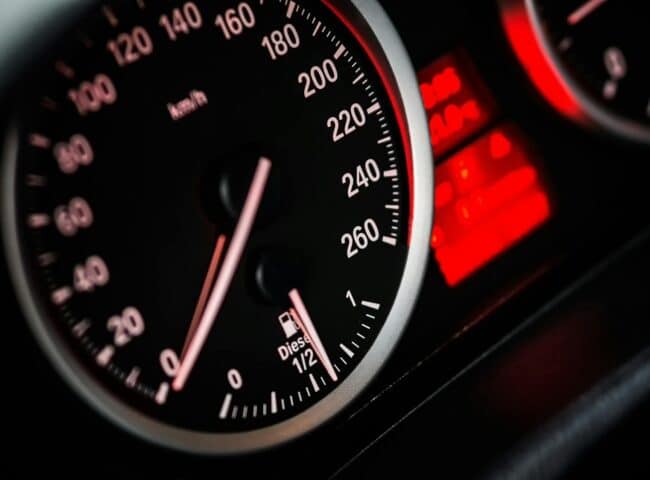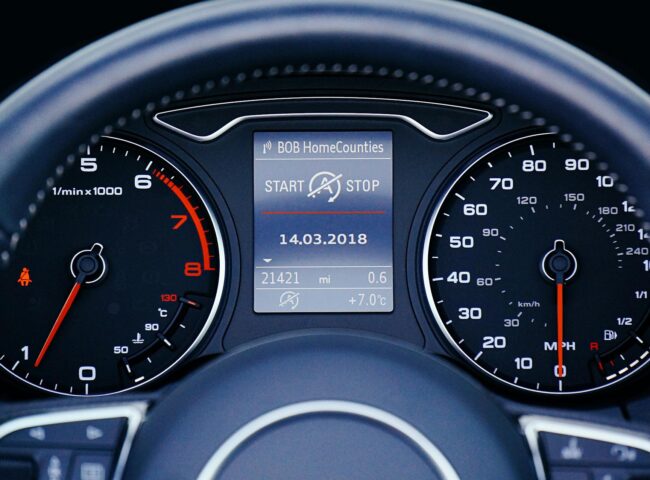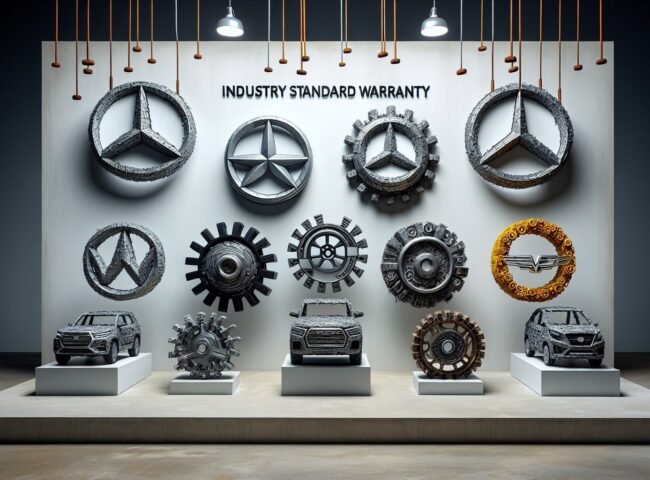Vehicle ownership is pricey. Even after you’ve paid for gas and insurance, you have licensing fees and more.
One cost you might overlook is maintenance and repairs for your car. Americans spend around $850 per person maintaining and repairing their car each year.
You can probably think of a few other things you could do with $850 a year. It’s one reason you might want to consider what’s sometimes known as an extended warranty for your car.
In this guide, we’ll go over the extended warranty definition, as well as what one covers. Finally, we’ll talk about how you can find the best coverage for your car.
An Extended Warranty Definition
So, what is an extended warranty on a car anyway? The extended warranty definition refers to a product that covers repairs outside the time limits of a factory warranty.
New vehicles come with a factory warranty on them. This guarantees the manufacturer will pay for certain repairs.
These warranties are time-limited. When they expire, you’ll need to shoulder the costs of your vehicle repairs yourself.
An extended warranty continues coverage beyond the manufacturer’s time limit.
Sometimes, you can buy an extended warranty from the automaker. There are also third parties that offer similar protection plans.
An Extended Warranty by Any Other Name
You may hear people talk about “vehicle protection plans” or “vehicle service contracts.” These are other terms for the same product.
Official terminology says extended car warranties can only be offered by the manufacturer. They have to be included at the time of sale. If they’re offered by a third party or you can buy it after the sale of the vehicle, it’s not an extended warranty.
This is a bit of professional semantics. The result is the same. An “extended warranty” and a vehicle service contract protect your car after your warranty ends.
Extended Warranties versus Insurance
Another common point of confusion is the difference between insurance and extended warranties. Both might cover some types of repairs to your car. The circumstances under which you’re covered are usually different.
Insurance will cover repairs if someone breaks into your car or you get into an accident. Your insurance company isn’t going to pay if your powertrain fails.
An extended warranty does cover this situation. If a component fails for reasons other than wear and tear, an extended warranty will usually cover it.
What’s Covered
Now that we have terminology out of the way, you want to know, “What does an extended warranty cover?”
It depends a bit on your situation. You can buy a vehicle service contract for almost any vehicle, new or used. A few factors determine the coverage you can get:
- How old is the vehicle? Generally speaking, the newer the vehicle, the better the protection you can get.
- How many miles are on it? The same principle applies to how much you use the vehicle since more use leads to more wear and tear on parts.
- How is the vehicle maintained? If your 1998 car is mint with low miles, it may get better protection than a rusting-out 2012 with 200,000 miles on it.
Extended Warranty Coverage for Cars
What does an extended warranty cover on a car? The answer is pretty much any electronic or mechanical breakdown.
Coverage does vary a bit between providers. Most will cover mechanical breakdowns and powertrains or engine damage. Most also cover components and parts, provided they don’t need to be replaced because of wear and tear.
This is one of the reasons it’s important to buy a vehicle service contract while your car is newer. An extended warranty on a new car will cover more than on an older car with lots of miles on it.
Once you put more miles on the car, a repair or breakdown may be due to normal wear and tear on the vehicle. For example, brake shoes wear out over time, so you’ll have to replace them as they get older. If your brakes fail, it may be due to normal wear and tear.
Some used car dealers will sell extended warranties with their vehicles. This is especially the case if the factory warranty has expired. So what does a used car warranty cover?
In most cases, it will cover the same as the protection plan you’d buy for a new vehicle. It may cost a little more, and some repairs may not be covered due to expectations of wear and tear.
You should always read the fine print of any vehicle service contract carefully. Make sure you know exactly what’s covered and what isn’t.
Benefits of a Vehicle Service Contract
You may wonder why you should buy an extended warranty for your vehicle, whether it’s new or used. There are a few good reasons to consider one.
First, the extended warranty option offers you protection for more miles or more time. This can be helpful if the car you bought has already had issues. It also helps if you’ve purchased a used vehicle and the warranty is expired.
An extended warranty from the manufacturer or a third party can help you recoup repair costs. A third-party warranty can also save you money in other ways.
The third-party protection plan may let you use aftermarket parts. Most manufacturers require the installation of their own parts, but this can be costly. Using aftermarket parts can help reduce the bill.
Some manufacturers also put limits on the repair facilities you can use. If you go to a non-approved repair shop, you could void the warranty. Third parties may have preferred providers, but they’re generally more flexible.
Choose the Right Extended Warranty for You
Now that you have a good idea of the extended warranty definition, you’re thinking about buying one. An extended warranty can be a great investment for almost any vehicle owner.
Take your time and be sure you choose the right extended warranty option for you. If you’re not sure, check out our reviews. We can help you compare different companies and plans, so you get one that fits your needs.





